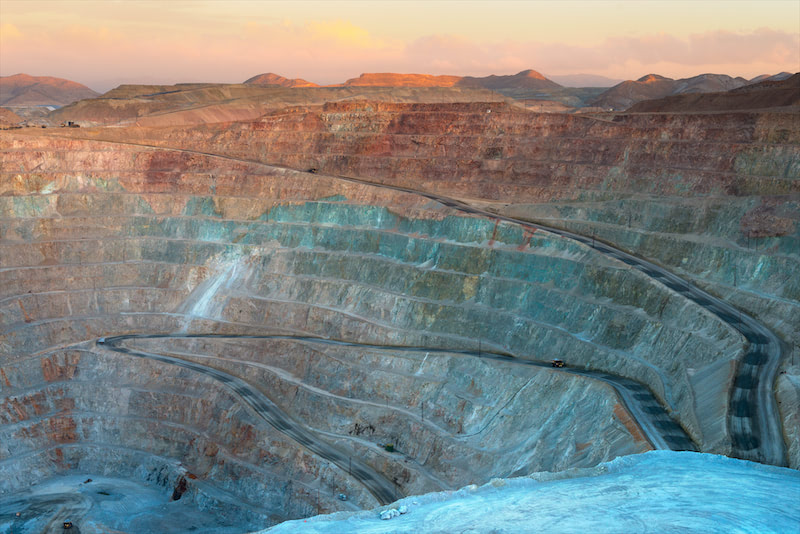SHANGHAI, Aug 3 (SMM) – Chinese authorities are mulling details of production cuts in the steel industry across the smog-prone Beijing-Tianjin-Hebei region and nearby areas, during the upcoming winter season, SMM learned from market talk this week. The cuts are part of an effort to reduce smog and improve air quality
Steel mills across six key cities, Tianjin, Shijiazhuang, Tangshan, Handan, Xingtai and Anyang, will be required to cut capacity by half during the heating season from November 15, 2018 to March 15, 2019. Mills in the remaining cities in the region will need to shut no less than 30%. Tianjin and Xingtai are new additions to the list this year.
Cuts are based on the designed capacity of blast furnaces. Captive facilities including sintering machines and coke ovens will also undertake cuts or suspensions, which were not required in the previous year’s plan.
This year's plan will require mills with pollutant emissions across all the production and transportation processes that are lower than the ultra-low standards to be free from the staggered production model. However, a cut of 50% would be still imposed on those mills when pollution exceed the orange-alert level.
Coking duration at all coke plants across the regions will be required to be extended beyond 36 hours during that period. Plants can avoid staggered production if their coke ovens have a hood, if they have installed desulphurisation and denitrification facilities and the emissions are lower than the ultra-low standards.
Casting and smelting facilities in the casting industry will be suspended. This excludes natural gas furnaces and electric furnaces withr emissions that meet the targets. Such suspension can be exempted if a plant obtains approval from the local government. Natural gas furnaces and electric furnaces should still cease operation if pollution exceeds the yellow-alert level.



